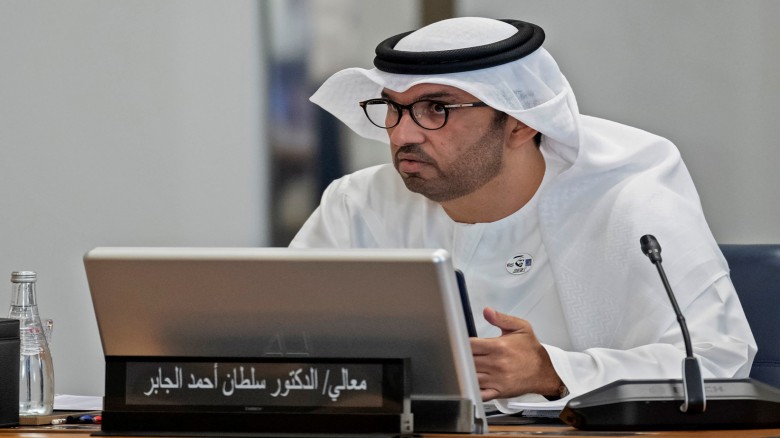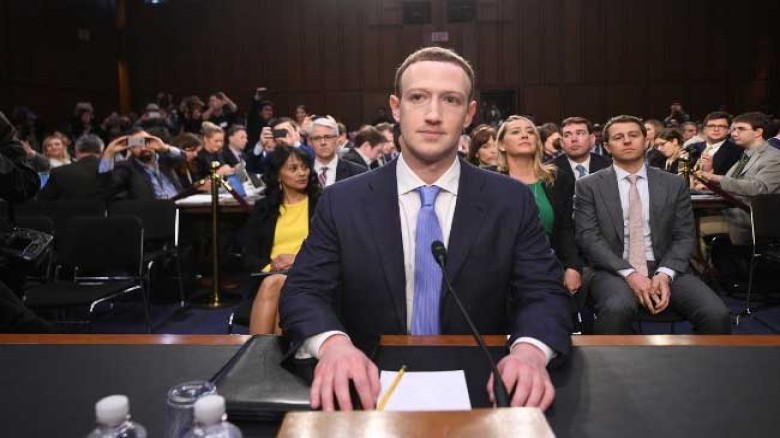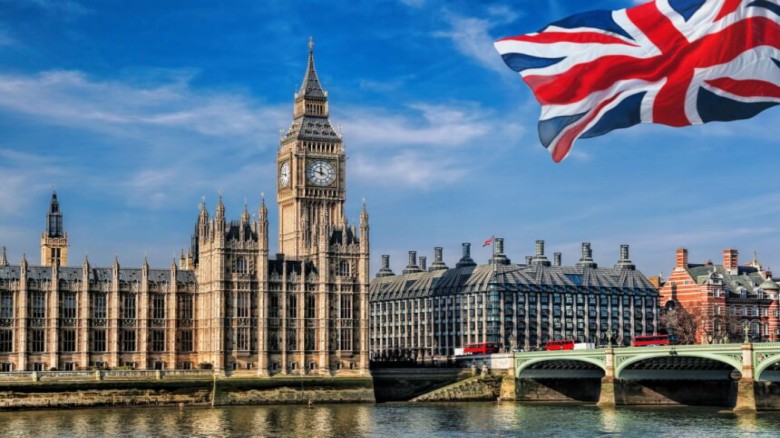Trump calls for delay as TikTok ban nears
As the United States Supreme Court prepares to hear a critical case determining TikTok's future in the country, President-elect Donald Trump has requested a delay in the January 19 deadline for the app's sale or a potential ban.The request, filed by Trump's solicitor general nominee John Sauer, seeks more time to negotiate a resolution that addresses national security concerns while keeping the platform operational in the United States.
Sauer's brief contends that Trump is uniquely positioned to negotiate a deal that balances these competing interests. "President-elect Trump alone possesses the consummate dealmaking expertise, the electoral mandate, and the political will to negotiate a resolution to save the platform," according to the application.
The administration's request demonstrates an intention to keep TikTok running while protecting the First Amendment rights of its millions of American users. The Protecting Americans from Foreign Adversary Controlled Applications Act, which President Joe Biden signed into law in April, is at the heart of the dispute.
TikTok's Chinese parent company, ByteDance, is required by law to divest its U.S. operations due to national security concerns over its ties to the Chinese government.
TikTok, which has over 170 million US users, has challenged the law, claiming that the forced sale violates free speech rights. However, earlier this month, a federal appeals court denied the company's request for an emergency stay on the deadline. The Supreme Court is set to hear arguments in the case on January 10.
In his brief, Sauer emphasises the broader implications of banning a platform with such a large user base, describing the potential decision as a watershed moment. "The power of a Western government to ban an entire social-media platform with more than 100 million users must be exercised with the utmost caution," according to Sauer.
Sauer also raised concerns about national security officials, accusing them of pressuring social media platforms to censor content. "There is a concerning parallel between the unchecked deference afforded to national security officials and their documented role in pressuring social-media companies to censor disfavoured speech," according to his argument.
While the Biden administration has defended its stance, citing security concerns, Trump, who initially sought to ban TikTok during his first term, reversed course during his 2024 campaign. He promised to "save" the platform and address security concerns.
With the January deadline approaching, the case raises critical issues concerning the intersection of free speech, national security, and digital sovereignty. The Supreme Court's decision could have long-term implications for U.S. technology policy.
























Leave A Comment